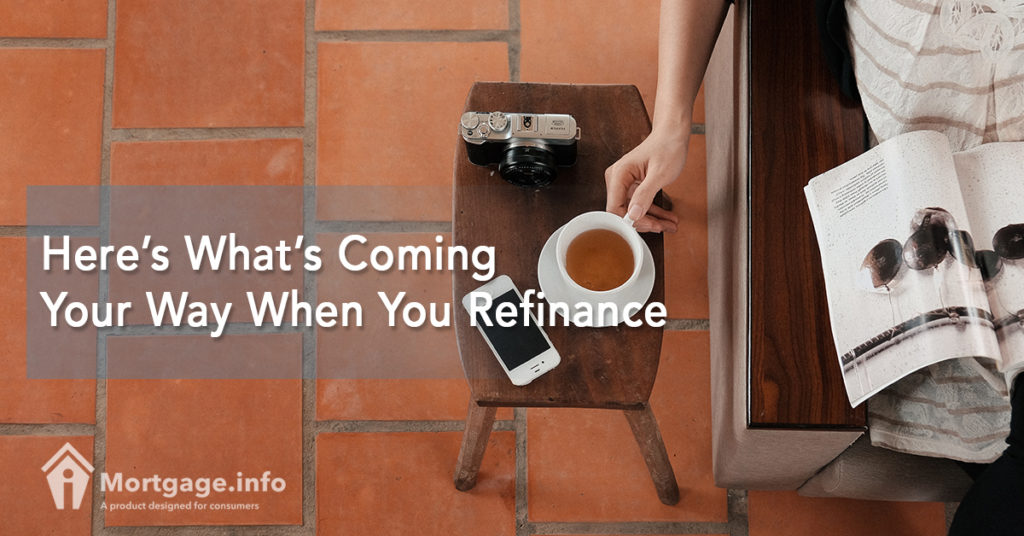For those who have not refinanced yet, it can be confusing and complicated. However, refinancing is a good way to help homeowners afford their mortgages better. When one chooses to refinance, the ultimate goal is to save more money.
To put it simply, you replace your current mortgage with a new one when you refinance. The new mortgage loan may have a lower interest rate, a shorter term, or a combination of both.
Making the Decision to Refinance or Not
Many factors come into play when you decide to refinance or not. It is not all about the interest rate, although this is one of the big deciding factors. The decision will also depend on the refinancing costs, the years you will be staying in the property and if refinancing actually helps you save a significant amount of money.
Will You Even Break Even?
Take note that refinancing is still a debt owed. It needs to be paid. There are also costs when you refinance, and it does not come very cheap. You have to look at how it all translates because it does not mean that once you refinance you will instantly feel that you’re saving a lot.
It may take some time for the savings to cover the refinance costs. This is why before deciding to refinance, you have to know how long it will take to break even.
>>Look for Affordable Refinancing Options.>>
Why Do You Refinance?
People refinance for many different reasons, to tap into their home equity, to lower the interest, to shorten (or lengthen) the loan term, to get rid of the Mortgage Insurance Premium (MIP), to switch from an Adjustable Rate Mortgage to a Fixed loan.
Among all these reasons, one should be extra careful on a particular motive. That is tapping on equity to get a cash-out. Cash-out refinance can be useful in many ways. The money you get from it can be used for home improvements that may help increase the value of the home. It can also be used to pay unexpected bills.
However, the equity becomes the collateral in this type of refinance. Meaning, if you fail to pay the loan and it reaches default, the lender may go after your house. You are putting the property at risk. If you are a good payer and you are consistent in keeping your dues current, this should not be a problem.
Refinancing has helped many people affordtheir mortgages better. But if you are very well comfortable with the payments you are making and you have paid a significant amount against the mortgage balance, it would be wiser to stay with your current loan. This is especially true when you only have a few more years left before you completely pay the loan off.
Asking expert advice from a mortgage professional will help you make better decisions. If numbers and terms confuse you, they can help shed some light so you know what course of action is best for you.

